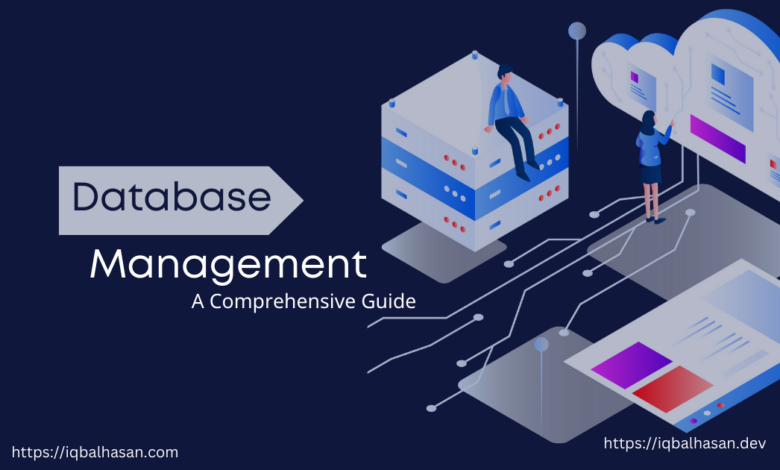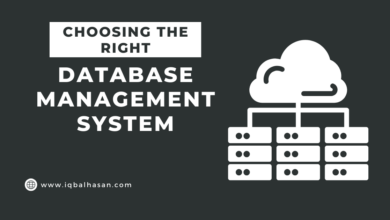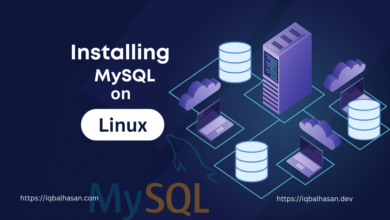The Essentials of Database Management: A Comprehensive Guide

Understanding Databases: The Backbone of Modern Information
Before we delve into database management, let’s start with the fundamentals of databases themselves. A database is a structured collection of data organized in a way that it can be easily accessed, managed, and updated. Think of it as a digital filing cabinet where information is stored, categorized, and retrieved when required.
Databases come in various forms, including relational databases, NoSQL databases, and graph databases, each tailored to specific use cases and data structures. For instance, relational databases are excellent for handling structured data with well-defined relationships between elements, while NoSQL databases excel at managing unstructured or semi-structured data in a more flexible manner.
The Role of Database Management: Keeping Data in Check
Database management encompasses the processes, systems, and tools that facilitate the creation, maintenance, and utilization of databases. It involves a variety of tasks, such as data modeling, schema design, data querying, security, and optimization. Let’s take a closer look at the key aspects of database management:
- Data Modeling: This is the process of defining the structure of your database. It involves identifying the types of data that will be stored, the relationships between them, and how the information will be organized.
- Schema Design: A schema is a blueprint that outlines the structure and rules for your database. Database administrators design schemas to ensure data integrity, enforce constraints, and define how information is stored and accessed.
- Data Querying: Once data is stored, it needs to be retrieved efficiently. Database management systems (DBMS) provide query languages, like SQL, that allow users to retrieve, manipulate, and analyze data.
- Security: Protecting your data is paramount. Database administrators implement access controls, encryption, and other security measures to safeguard sensitive information from unauthorized access or breaches.
- Optimization: As databases grow and evolve, it’s essential to continually optimize performance. This includes tuning the database, indexing, and ensuring efficient data retrieval and storage.
- Backup and Recovery: Disasters can strike, and data can be lost. Database management includes strategies for regular backups and recovery procedures to minimize data loss in such situations.
- Scalability: As data volumes increase, the database must be able to scale to accommodate growth. Scalability is a fundamental concern in database management, ensuring that your system can handle increasing data loads.
- Compliance and Regulations: Many industries have specific compliance requirements for data management, such as healthcare’s HIPAA or finance’s GDPR. Database managers must ensure that their systems meet these regulations.
In the digital age, businesses and organizations generate massive amounts of data daily. Effective database management is crucial to harnessing the potential of this data to make informed decisions, drive innovation, and provide a competitive edge.
In the subsequent parts of this blog series, we will dive deeper into each aspect of database management, offering practical tips and insights for those looking to master this essential category. Whether you are a database administrator, a developer, or simply someone interested in understanding the backbone of modern information systems, this series is your guide to becoming a database management pro. Stay tuned for more!Happy Coding 😉

